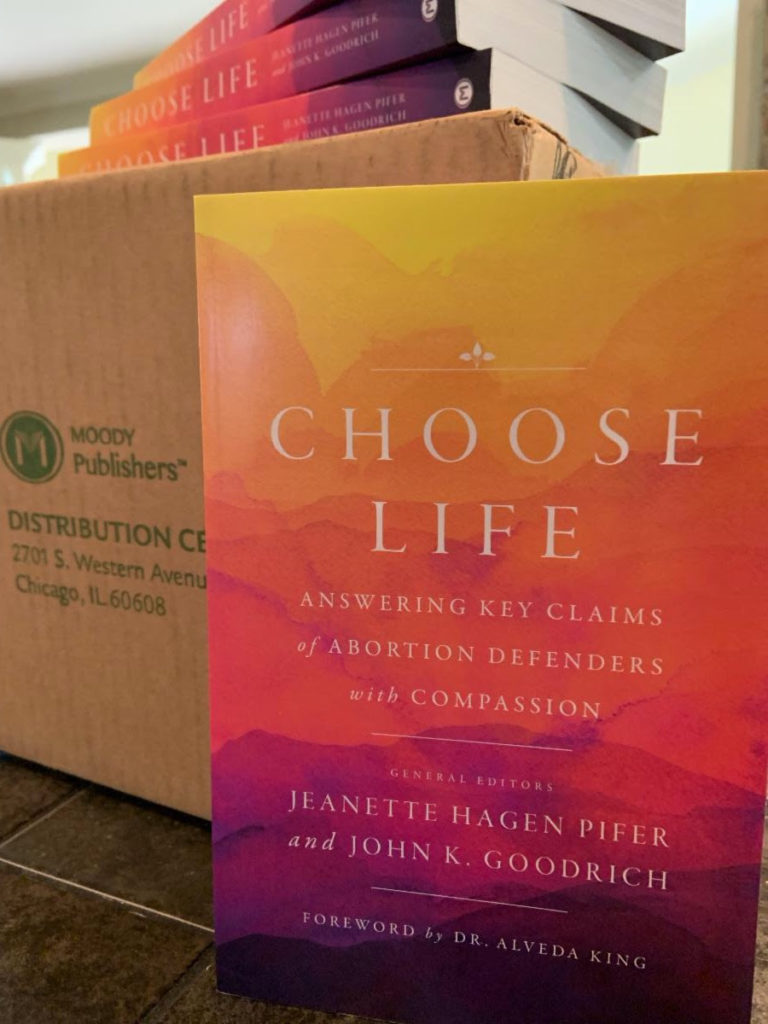D. Joy Riley, M.D., M.A.
Executive Director

On the second day of May, 2022, a U.S. Supreme Court draft opinion in the Mississippi Dobbs case, regarding abortion, was leaked to the media. The resulting cultural distress frenzy has been somewhat akin to dropping meat into a pool of piranhas. Much energy is being spent in projecting what will happen if the final decision resembles the draft. A summer of rage is being threatened by some abortion supporters.
Where, O where, is reason in all of the verbiage? Interestingly and amazingly, a book of compassionate pro-life counters to abortion advocates was published by Moody on the third day of May, 2022. One of the arguments for abortion is autonomy — “the ability to make your own decisions about what to do rather than being influenced by someone else or told what to do.” Who exactly is autonomous in an abortion procedure? Is it the medical professional? Here is a short excerpt from the chapter I contributed on autonomy:
. . . abortion converts the profession of medicine into a consumerist business, although it is not the only procedure with this effect. The traditional Hippocratic Oath, which has been used by medical professionals for millennia, disallowed abortion. That is to say, those who professed to be Hippocratic physicians swore they would not perform abortions. More recent versions of the Hippocratic Oath often do not include such a prohibition. Instead, an elective abortion is often seen as a service provided to the one who seeks it. It is a service which can be purchased. Because the “providers” of abortion are licensed by the State, it is argued, abortion should be universally available. The Committee on Ethics of the American College of Obstetricians and Gynecologists (ACOG) reaffirmed in 2016 their 2007 “The Limits of Conscientious Refusal in Reproductive Medicine” (Number 385). Included in that document is this recommendation: “Physicians and other health care professionals have the duty to refer patients in a timely manner to other providers if they do not feel that they can in conscience provide the standard reproductive services that their patients request.” Note that it is the provision of services requested that ACOG requires to be done. This is a description of a consumer-provider relationship, with the pregnant woman as customer. The obstetrician is not an autonomous actor, according to the ACOG, but must provide the requested service, or else refer the woman to another “provider” who will do so. For the physician who cannot morally acquiesce to abortion, this is not autonomy at all. It is either submitting to tyranny or acting in complicity.
“ACOG Committee Opinion No. 385: The Limits of Conscientious Refusal in Reproductive Medicine,” Obstetrics & Gynecology 110, no. 5 (2007): 1203-1208, accessed 21 September 2020.
To read the rest of the chapter and much more, click here for book ordering details.

